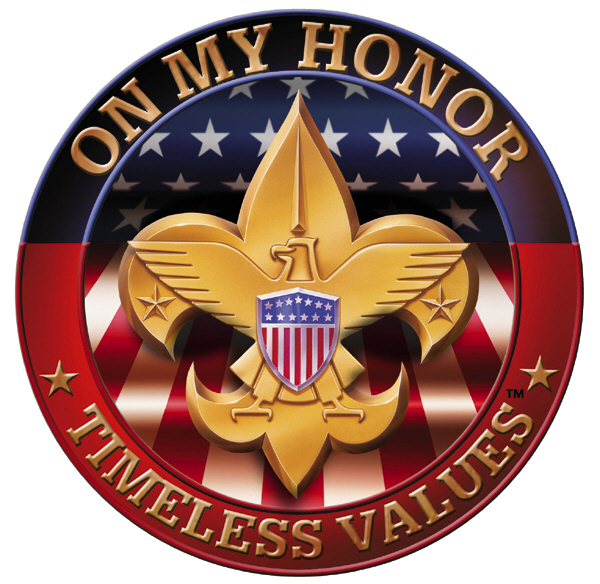I’ve been involved with youth leadership development as a volunteer in the Boy Scouts of America (BSA) programs for nearly 35 years. I was a Scout in my youth for 11 years, earning the Eagle Scout Award, and holding many different roles as a leader of my peers, of events, and even of leadership training courses. As an adult volunteer (age 18 onward) I have been involved in leadership training for Scouts and for adult leaders, and even in leadership development event design and implementation. My leadership has been tested and forced to grow even recently, with a complex international volunteer leadership role from 2017 to 2020, where I formed and led a team of 30 who supported my responsibilities directly, and we as a team supported more than 5,000 international staff volunteers.
With all of that leadership experience in an organization designed to teach leadership, the chapter on “followership” that I read this past week in Northouse’s (2018) book titled Leadership was my first exposure to a formal discussion on following as an integral component of leadership. That seems like an oversight—the BSA aims to develop leadership and character in all of its members, and yet there has been little training or discussion to prepare leaders to understand the value, necessity, and growth of the followership. For example, the word “follower” does not appear once in the Introduction to Leadership Skills for Troops (ILST) syllabus (Boy Scouts of America, 2018). ILST is the first leadership training experience provided to Scouts in the BSA programs, and there is no mention of the followers on the other side of the leadership equation.

Northouse’s (2018) definition of followership fits well with the Scouting program: Followership is a process whereby an individual or individuals accept the influence of others to accomplish a common goal. In essence, followership is not just a component of the methods of the Scout program, it actually represents the vast majority of the actual Scout program that is experienced by the Scouts. In the Scouting program it is regularly reinforced that not everybody can be the leader, but group cohesion makes possible many achievements that are far greater than an individual can deliver. The organization is hinting at followership, but failing to name it directly. By not naming it directly, the BSA consequently misses the opportunity to help developing leaders understand the value of followership.
Followership may be much of the Scouting experience, but Scouting alumni are not showing signs of appreciating the follower experiences that they received as a part of their leadership training. I know this anecdotally—from my own experience as a Scout and from the experiences of the young people I’ve worked with—but we can use some Internet searches to see what Scouting alumni are reflecting from their Scouting experience. Although unscientific, just scan the Figures 1-4 below, and see that when alumni think and talk about their Scouting experience. Scouting alumni seem to fondly recall the successes and failures they experienced during the times when they were leading others, and nobody is talking about anything they learned from their experiences as a follower who was being led by their peers.

Figure 1. A Google search for the phrase “Scouting taught me to be a leader” yields 8 results.

Figure 2. A search for the phrase “Scouting taught me to be a follower” yields zero hits.

Figure 3. A search for the phrase “Scouting taught me leadership” yields 7,510 hits.

Figure 4. A search for the phrase “Scouting taught me followership” yields zero hits.
Ultimately, the new paradigm of leadership study will move from the avant garde to the mainstream. I predict that within a decade the word “followership” will be much less obscure in leadership discussions. However, the real test on leadership development will be whether the BSA, a tradition-bound organization filled with many tradition-adhering volunteers, will begin to integrate the perspectives of followers into their training for leaders. Should they endeavor to prepare their Scouts and volunteers to understand the value of followers, we will see the leadership of Scouting alumni mature to new levels of effectiveness for the organizations and communities they will serve.
References
Boy Scouts of America. (2018). Introduction to leadership skills for troops: Facilitator guide. Boy Scouts of America. https://www.scouting.org/training/youth/
Northouse, P. G. (2018). Leadership: Theory and Practice (8th ed.). SAGE Publications, Inc.


